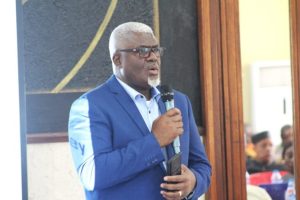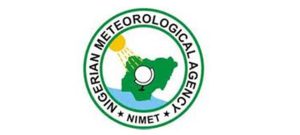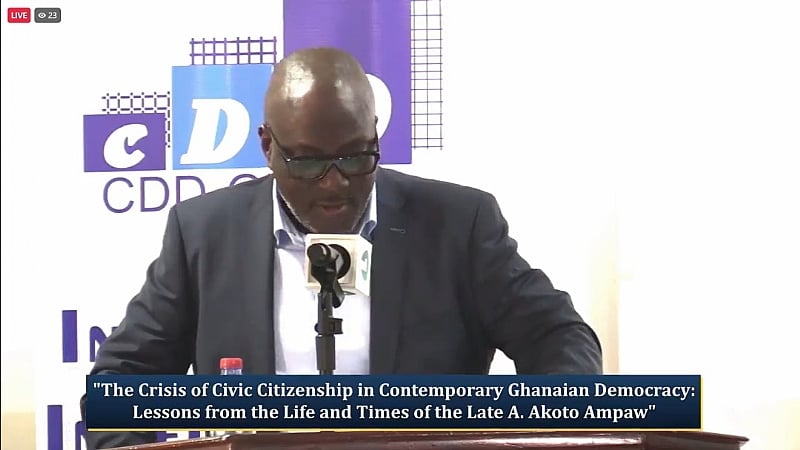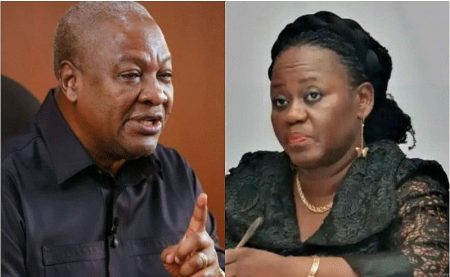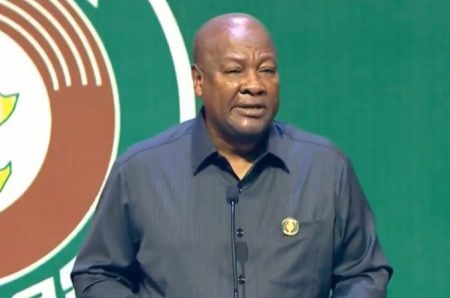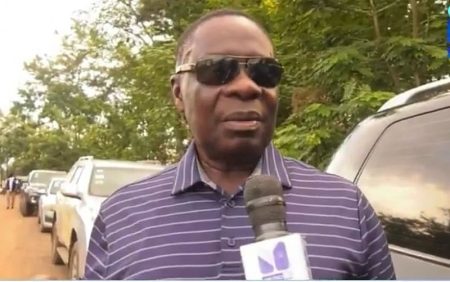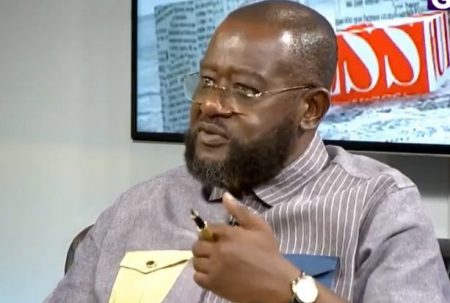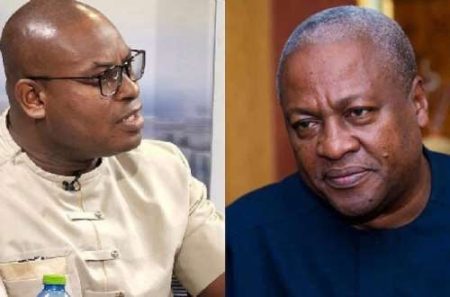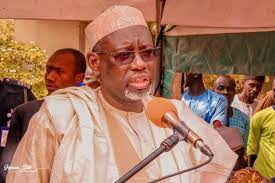Professor Henry Kwasi Prempeh, the Executive Director of the Center for Democratic Development (CDD-Ghana), recently expressed strong disapproval of the Electoral Commission’s (EC) decision to approve 13 candidates for the upcoming presidential election in December 2024. His comments were made during a lecture honoring the late legal expert Akoto Ampaw, where he raised significant concerns over the integrity and the genuine representation of the electoral process in Ghana. He suggested that many of these candidates might not be authentic competitors but rather serve as proxies for the leading political parties, namely the New Patriotic Party (NPP) and the National Democratic Congress (NDC). This situation raises critical questions about the political landscape in Ghana, especially as it pertains to the credibility of the electoral system and the sincerity of the candidates on the ballot.
According to the Electoral Commission’s September 2024 announcement, 13 candidates out of 24 applicants were successfully vetted and cleared to participate in the presidential elections. Prempeh, during his address at the First Anniversary Lecture, articulated his skepticism about the validity of some of these political entities. He emphasized that many smaller political parties that have gained approval are essentially acting as extensions or tools for the NPP and NDC, undermining the essence of true democratic competition. In his view, this arrangement distorts the electoral process and diminishes the quality of democratic choice available to voters.
Furthermore, Professor Prempeh critiqued the role of the Electoral Commission in the integrity of the electoral process. He argued that had the EC undertaken a more thorough and discerning vetting process, the number of candidates on the ballot would likely be reduced. He noted the peculiar dynamics of Ghana’s political landscape, which operates under a ‘winner-takes-all’ political culture characterized by strong polarization between the major parties. In such a context, the presence of numerous candidates can be misleading, giving voters an illusion of choice when, fundamentally, the system is bifurcated into two dominant parties.
Delving deeper into the concept of political exit within this duopolistic system, Prempeh explained that dissatisfied voters often feel compelled to switch between the NPP and NDC. He asserted that in reality, within the Ghanaian political framework, the choices presented to voters are somewhat restricted and primarily revolve around these two parties. This limitation begs the question of why a relatively high number of political parties appear on the ballot during elections if many do not meet the necessary qualifications to be considered viable alternatives. Prempeh hinted at underlying reasons rooted in folklore and systemic dynamics that allow these parties to exist.
He also touched on the implications of these dynamics for the Inter-Party Advisory Committee (IPAC), which is meant to facilitate dialogue among political parties. By suggesting that these smaller parties act as proxies for the major players, Prempeh highlights a significant flaw in democratic representation. These proxies, he argued, alter decision-making processes at IPAC and potentially skew the nature of political discourse and consensus-building, thereby undermining genuine democratic engagement and participation.
In conclusion, Professor Prempeh’s critique of the Electoral Commission’s candidate approval process and the broader electoral framework reflects profound concerns about the health of democracy in Ghana. His comments underscore the importance of ensuring a transparent, fair, and inclusive political process that allows for authentic competition among parties and candidates. Acknowledging the historical and structural challenges within Ghana’s political system is essential for fostering a more robust democratic culture that genuinely reflects the will of the electorate. As the 2024 elections approach, these discussions become increasingly relevant in assessing the future of democracy in the country and the legitimacy of its political institutions.


